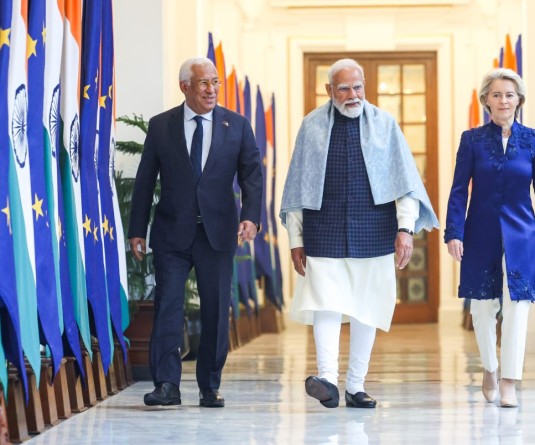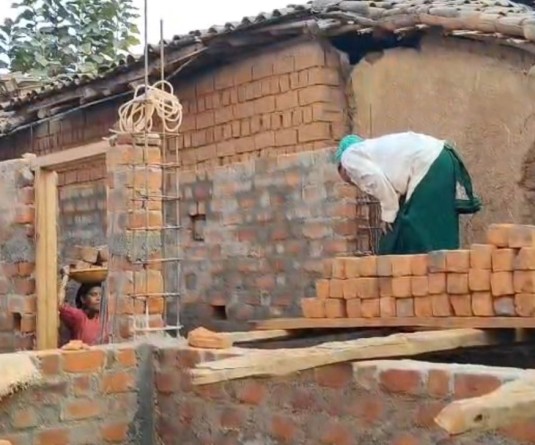IANS Photo

New Delhi, October 26 (IANS/ 101 Reporters) In conversation with India Energy Hour, Chandni Singh, CEO, National Solar Energy Federation of India, takes a deep dive into India's climate adaptation challenge calls for holistic, inclusive strategies that balance development with long-term climate resilience, amid concerns of fragmented, short-term solutions and unintended consequences.
The recent IPCC report unequivocally confirms that climate change affects every aspect of our world, including India, posing a substantial threat. This blog post explores insights from experts Shreya Jai and Chandni Singh's conversation on climate adaptation in India and maladaptation, emphasizing the need for comprehensive, long-term solutions.
Chandni Singh highlights the current state of climate adaptation as fragmented, small-scale, and reactive, lacking transformative approaches. Closing the implementation gap is an urgent challenge, with limited recognition of climate impacts' unequal distribution among vulnerable groups.
India's unique challenges
India's adaptation landscape is complex, emphasizing mitigation over adaptation and overlooking emerging threats. Vulnerable groups are often excluded, while institutional and policy constraints hinder long-term planning and capacity building.
Maladaptation poses concerns, with examples like disruptive sea walls and over-extraction from farm ponds illustrating the unintended negative outcomes of well-intended adaptation measures.
Balancing development and climate resilience
Balancing development and climate resilience requires climate-resilient development, evaluating adaptation options for compatibility with mitigation and sustainable development goals. Nature-based solutions, education, and behavioral change play pivotal roles in mobilising society towards climate action.
India must shift to transformative, inclusive adaptation approaches, considering vulnerabilities, and avoiding maladaptation. Prioritizing climate-resilient strategies and nature-based solutions can guide India toward a more resilient future.
(This is an excerpt from an episode of the India Energy Hour. Tune into the podcast for more conversations on climate and India's green energy sector. Available on all major podcast platforms)






